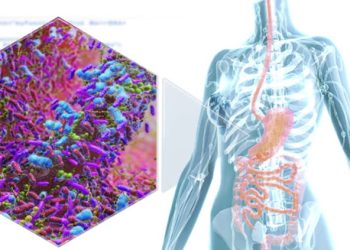Anal Cancer Overview
Anal cancer is a rare form of cancer that develops in the tissues of the anus, the opening at the end of the digestive tract where stool leaves the body. It occurs when abnormal cells in the anal canal grow uncontrollably and form a tumour.
Although not as common as colon or rectal cancer, anal cancer has been increasing in recent years, especially among certain high-risk groups. In South Africa and globally, it accounts for a small percentage of digestive system cancers, but its impact can be serious if not caught early.
The most common type is squamous cell carcinoma, which originates in the lining of the anal canal. Less common types include adenocarcinoma, melanoma, and basal cell carcinoma of the anus.
Key Facts:
- Most cases are linked to human papillomavirus (HPV) infection, especially HPV types 16 and 18.
- It is more common in women, men who have sex with men, and individuals with weakened immune systems (such as those living with HIV).
- The condition is often misdiagnosed as haemorrhoids, delaying proper treatment.
Common symptoms include:
- Bleeding from the anus or rectum
- Pain or pressure around the anus
- A lump or mass near the anal opening
- Itching or discharge
- Changes in bowel habits
Early diagnosis dramatically improves outcomes. Fortunately, anal cancer is highly treatable, especially when detected in its early stages.
👉 [Next: Causes and Risk Factors of Anal Cancer]


